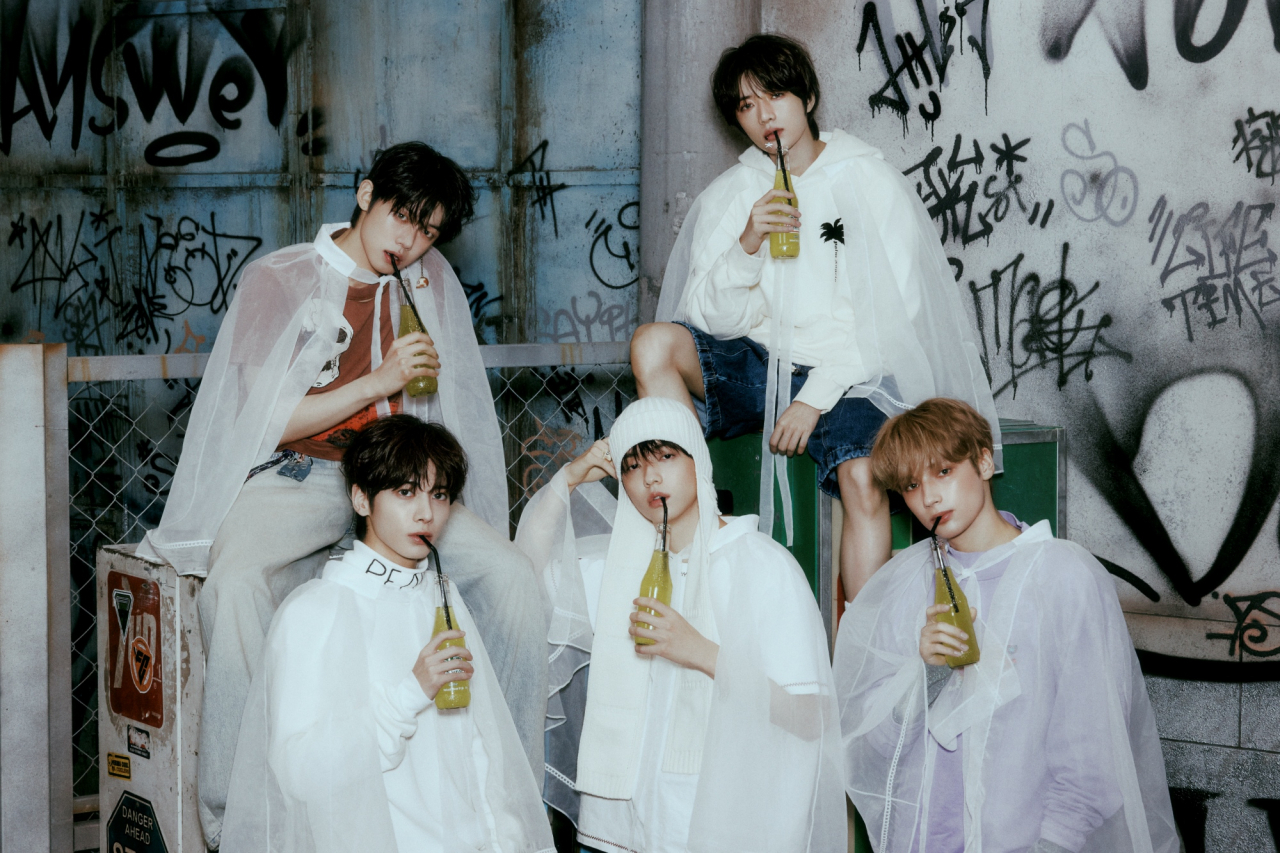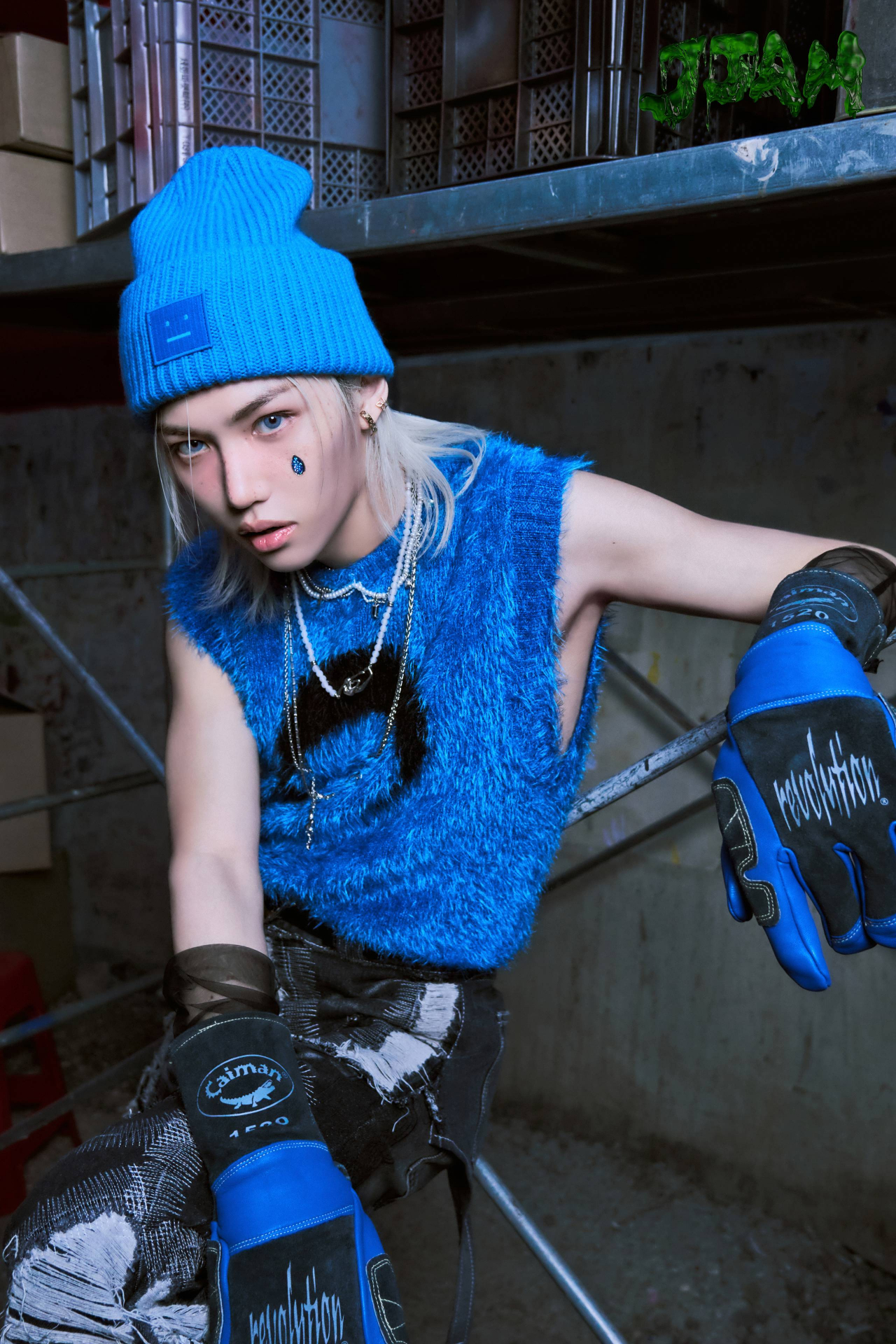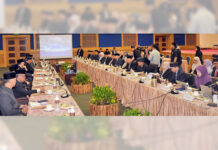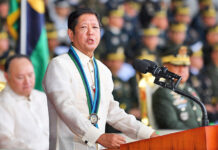(ANN/KOREA HERALD) – K-pop idols are more than just entertainers; they are cultural symbols, often seen as the embodiment of South Korean values and pride. This unique status subjects them to intense scrutiny, with every action and word closely monitored by both fans and the public.
Recent incidents involving Yeonjun of Tomorrow X Together and Felix of Stray Kids on Korea’s National Liberation Day underscore these high expectations.
Yeonjun came under fire after posting photos on Instagram that were taken in Japan on National Liberation Day, a day commemorating Korea’s liberation from Japanese colonial rule on August 15, 1945. Many felt that sharing images associated with Japan on such a significant day was inappropriate, leading to swift backlash.

In response, Yeonjun issued a public apology on the global fan platform Weverse, stating, “I deeply apologise for my careless action on a day of such historical significance. I will reflect on my lack of awareness and be more cautious in the future.”
Felix of Stray Kids also faced criticism after mentioning a Japanese anime challenge in a short-form video while interacting with fans on the app Bubble on the same day. Given the historical significance of the day, fans expressed disappointment over what they perceived as insensitivity. Felix quickly apologised through JYP Entertainment, expressing deep regret for his actions and acknowledging his lack of awareness.

The scrutiny that K-pop idols face is rooted in the significant role they play in South Korean society. Unlike celebrities in North America or Europe, who may enjoy greater freedom in their personal and public lives, K-pop idols are expected to be role models, upholding a professional image while demonstrating respect for national sentiment. This is particularly important in South Korea, where the entertainment industry is closely intertwined with national identity.
Social media has amplified these pressures. Platforms like X (formerly Twitter) and Instagram provide direct connections between K-pop idols and their vast fan communities, but they also mean that any misstep can be instantly shared and dissected by millions. Even well-intentioned comments can be taken out of context, leading to public backlash.
Music critic Kim Do-heon, while acknowledging the high expectations placed on K-pop stars, argues that the responsibility does not rest solely on the idols.
“As celebrities, they need to handle this scrutiny to some extent. It’s true that they are held to higher ethical standards and sometimes face justified criticism,” Kim said on Friday. “However, it’s also worth questioning whether it is ethical to excessively criticise an individual for their mistakes. If we delve deeper, we find that the root of the issue lies in the unique position, activities, and power dynamics within the world of K-pop.”
“It may be a limitation of K-pop,” Kim continued, adding that idols are often constrained by various pressures. “K-pop stars are not creators; they are guided on what to say and how to act in public by their agencies. This is why Western media sometimes describe K-pop singers as ‘manufactured’ by entertainment companies.”



















































